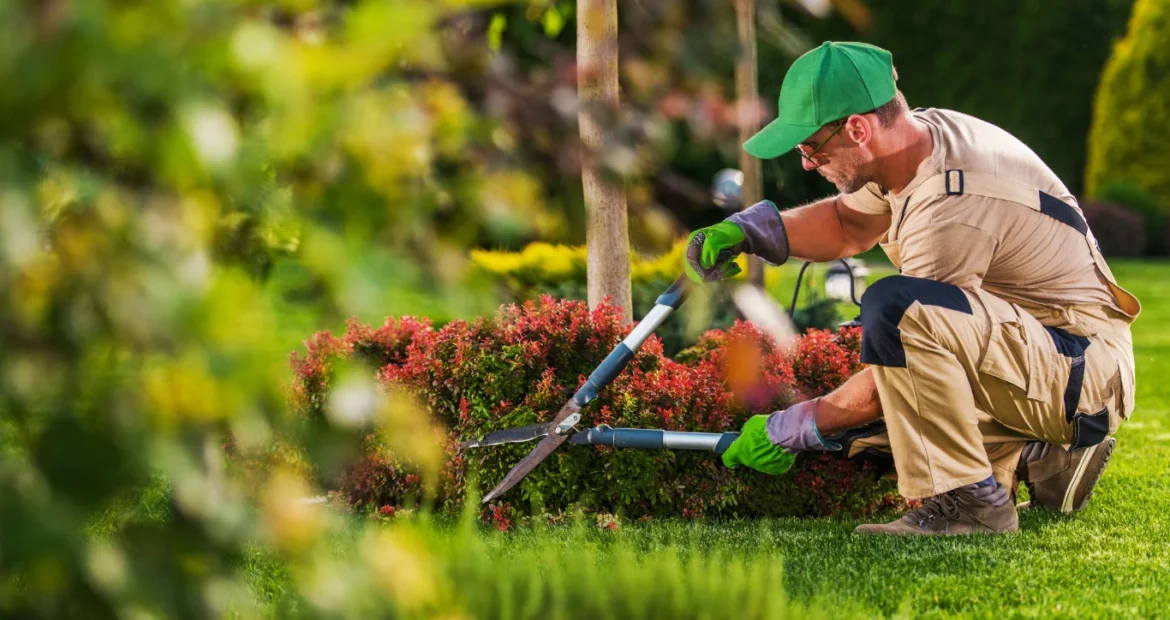Creating a beautiful yard while protecting the environment is possible with thoughtful planning. Sustainable landscaping offers eco-friendly tips for your yard that reduce water use, minimize waste, and support local ecosystems, all while keeping your outdoor space attractive and functional.
Plant Choices for Sustainable Landscaping
One of the top eco-friendly tips for your yard is to choose native plants. Sustainable landscaping focuses on using plants that naturally thrive in your region’s climate and soil conditions, reducing the need for extra watering, fertilizers, or pesticides. Native plants also provide food and shelter for local wildlife, supporting bees, butterflies, and birds in your area.
Another idea is to incorporate drought-tolerant plants. These plants require minimal watering once established, which is ideal for areas with limited rainfall. Succulents, lavender, and ornamental grasses are beautiful options that add texture and color to your yard while conserving water.
Efficient Water and Soil Practices
Efficient water use is an essential part of sustainable landscaping. Installing a drip irrigation system helps deliver water directly to plant roots, reducing waste and evaporation. Watering in the early morning or late evening also minimizes evaporation and ensures your plants absorb moisture effectively.
Adding mulch to your garden beds helps retain soil moisture, reduce weeds, and improve soil health over time. Organic mulches such as wood chips or shredded bark break down gradually, enriching the soil with nutrients while keeping plant roots cool during hot weather.
Another eco-friendly tip is to compost yard waste and kitchen scraps. Composting reduces landfill waste and provides your garden with nutrient-rich soil amendments that improve plant growth naturally. Use compost around trees, shrubs, and flower beds to nourish your plants without synthetic fertilizers.
Consider creating a rain garden as part of your sustainable landscaping efforts. Rain gardens are designed to capture and absorb rainwater runoff, reducing the burden on storm drains and preventing erosion. They also provide an attractive planting area with native plants that thrive in wet conditions.
Using permeable paving materials for pathways and patios is another sustainable landscaping strategy. Permeable pavers allow water to seep into the ground rather than run off into storm drains, helping recharge groundwater supplies and prevent flooding.
Sustainable landscaping with eco-friendly tips for your yard not only enhances its beauty but also reduces your environmental impact. By choosing native and drought-tolerant plants, using water wisely, composting, and creating rain gardens or permeable pathways, you create an outdoor space that supports the environment while remaining beautiful and enjoyable for your family year-round.
Read More:













